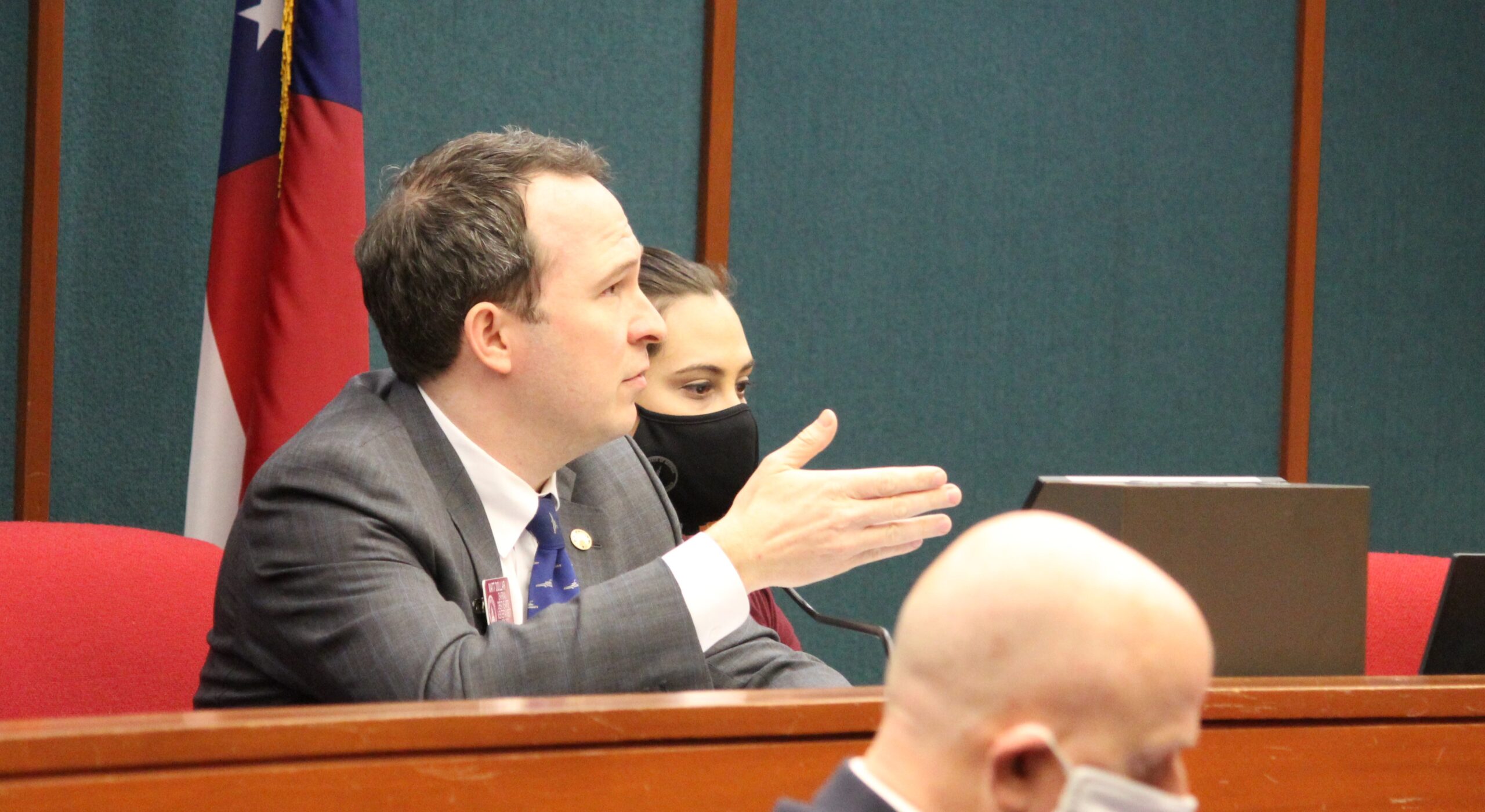Georgia’s Testing Future Uncertain

Georgia recently withdrew from a national test consortium called the Partnership for Assessment of Readiness for College and Careers, or PARCC. It’s one of two consortia aligned to the Common Core education standards, which have been adopted by Georgia and 44 other states. State officials planned to implement PARCC during the 2014-2015 school year. However, it’s unclear what will replace it.
Hear the audio version of this story.
Officials could develop a state test or collaborate with other states to create one. State Superintendent John Barge says nothing’s been decided yet.
“We don’t have anything in place at this point,” he says. “We will have to go through and RFP process, and that’s really where we are right now is having those internal conversations about what that RFP may look like.”

The state would use RFPs, or Request for Proposals, to solicit bids from vendors. Cost will undoubtedly be an issue. Georgia withdrew from PARCC because it’s too expensive. Testing two subjects would’ve cost three times what the state currently spends per pupil on testing. Kathleen Porter-Magee is a senior director and policy fellow with the Thomas B. Fordham Institute, a national education think tank.
She says even if Georgia goes with its own test, cost will likely increase.
“Georgia, compared to a lot of the other states, particularly a lot of the other states in PARCC, spent very, very little on assessment,” she says. “So, it’s really hard for me to see coming up with a really high-quality next-generation assessment without some modest increases in spending on assessment.”
Gov. Nathan Deal conceded last week Georgia will have to spend more on testing going forward. A spokesperson for the governor said the state will move away from multiple-choice tests toward ones that require more writing. That alone will raise costs.
Time is also a factor. State officials would still like to have a new test in place by 2014-15. Porter-Magee says that’s a tight timeline.
“I think Georgia is now under a real serious time crunch, and they’re really going to have to push to get this done on time,” Porter-Magee says.
The new test will cover all subjects for students in grades 3-8. It will also test high school students at the end of each course.
9(MDAxODM0MDY4MDEyMTY4NDA3MzI3YjkzMw004))







